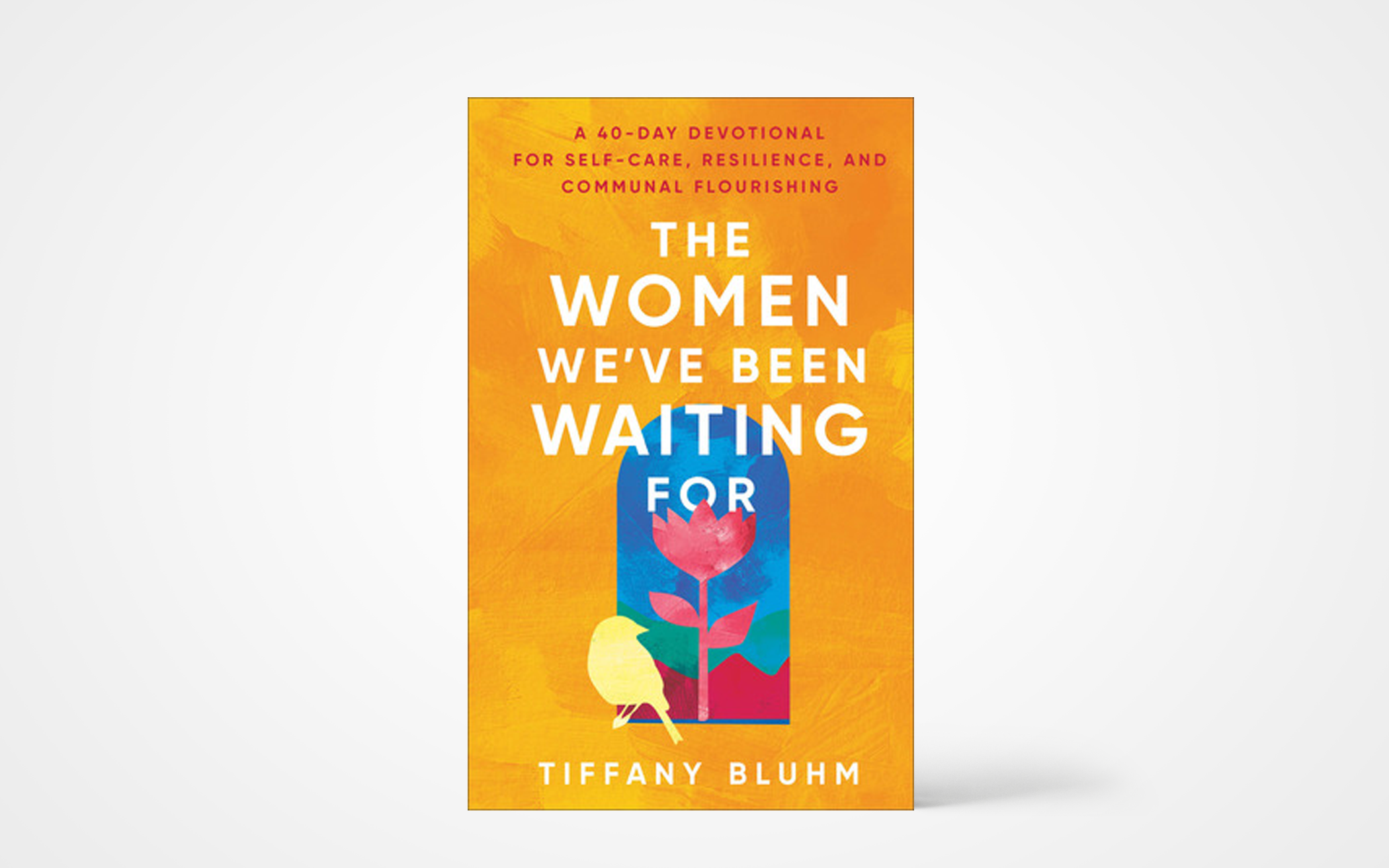Our culture defines self-care as bubble baths, a rom-com with a glass of wine, and a half day at the spa for a facial and a massage. Those are all good things, but according to this barrier-breaking devotional from Tiffany Bluhm, they don’t begin to touch on what self-care truly means and how it can restore, energize, and even galvanize us into being agents of justice and renewal.
In 40 in-depth, lyrical devotions, readers discover a weightier, more transformative definition of self-care, including rest, lament, advocacy, and empowerment. Bluhm and a group of contributors, including Ashlee Eiland, Kayla Craig, and Pricelis Perreaux-Dominguez, knit together Scripture, prayerful liturgies, and stories of historical figures to “show women that caring for themselves is the first step toward renewing their own souls and tackling the social problems they care most about.”
The dedication before the book begins sets the tone: “To the women who have gone before us, the ones who have dismantled systems that made no room for our flourishing: May we glean from your lives well lived.”
Lives well lived indeed. The women highlighted here are brave, prophetic, strong, and attuned to their deepest emotions, including lament. Women such as Deborah and Jael work with God to remake their communities into those that flourish and enjoy peace and shalom.
I was intrigued by a devotional about the daughters of Zelophehad: Mahlah, Noah, Hoglah, Milcah, and Tirza. They courageously advocated for themselves as brotherless daughters of Israel. “Give us the property along with the rest of our relatives,” they request in Numbers 27:4, an audacious ask in that time and culture.
Moses, the leader of Israel, brought their claim before the Lord, who affirmed that it was “legitimate.”
The daughters’ wisdom and diplomacy is striking. Their argument, to not “let their father’s name be lost to his clan,” rang true to the powers that be. And it worked. “In using this tactic, the women displayed an understanding of the constraints of the patriarchal society in which they lived.”
They worked within the system to get what they needed, and God approved. He “aligns with five female image bearers to upend a patriarchal practice that doesn’t recognize the feminine as worthy.” In other words, they used a workaround, and they advanced their own rights and those of others in the process.
There is a prayer at the end of each devotional, and this prayer reads: “God of Zelophehad’s daughters, grant me wisdom to advocate for myself and others.”
Every devotional also ends in a “Declaration,” and this one reads: “What I deserve is not defined by others but is given by the God who loves me.”
Each reading gives the reader an increased understanding of how self-compassion and care can lead to a life of meaning and purpose that restores the world around us.
“Within our commitment to follow the creator is a measure of self-denial, but this is not at odds with our actualized self-care,” Bluhm writes. “These two things work together to forge an embodied life of deep trust in the Divine and wise decision-making that centers the flourishing of our heart, mind, soul, and strength.”
Rahab is a key example of a woman who cared for herself and “refused to honor unjust systems.” She stood unwaveringly to protect herself and her family, making an astute decision that reverberates through history. Rahab is one woman out of many in these pages who inspire the reader to form a resilient faith that heals and strengthens themselves and others.
“We’ll likely never be in a position to broker a deal with foreign spies,” writes Bluhm, “but the woman we become along the way—noble and humble, unapologetic and empathetic—that’s the woman the world has been waiting for.” (Brazos Press)
About the Author
Lorilee Craker, a native of Winnipeg, Man., lives in Grand Rapids, Mich. The author of 16 books, she is the Mixed Media editor of The Banner. Her latest book is called Eat Like a Heroine: Nourish and Flourish With Bookish Stars From Anne of Green Gables to Zora Neale Hurston.

